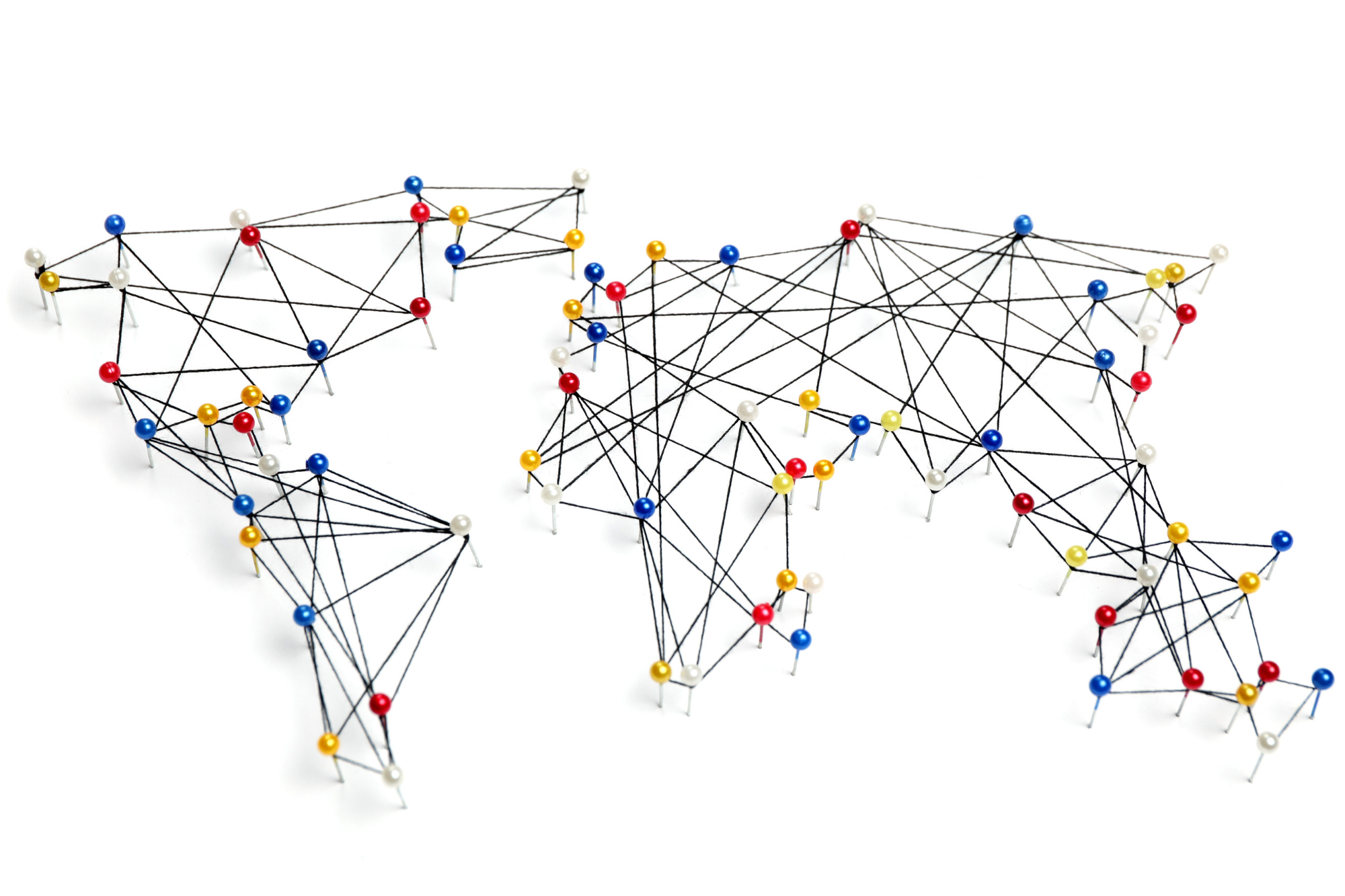Risk of Global Fragmentation and Economic Co-Operation Breakdown
If you think of the world as a stage, and all the countries as actors - then you need a script to orchestrate how they interact with each other. In absence of such a script, each actor may act according to their own interest creating randomness and possibly circumstances that disrupt the act of the other actors.
There have been periods in history where the world has not had such a script, and those periods have been defined by volatility and economic challenges that made the systems of those periods unsustainable. Today, we risk failing back into one of those eras.
Since 1944, that script was the Bretton-Woods agreement. It created a system that incentivized global economic growth and co-operation driven by two fundamental foundations:
- Global trade would be settled in USD
- US would run current account deficits to finance the global liquidity
Global financial and capital markets, supply chains, trade relationships, asset classes and their pricing, immigration and population movements and international decisions and geopolitics of the last 100 years came to be built on top of this script or system.
To visualize this system - think of a giant jenga structure, with the breadth of the foundation being defined by the amount of global trade being settled in USD, and the height being defined by the liquidity of USD in the system. The higher the breadth, the more incentive for everybody to participate and the more stability the structure offered. The higher the height, the more global economic growth and pricing of assets.
With the US getting off the gold standard in the 1970s the height for the last 50 years has been controlled by the monetary policy, and the low interest rate environment since 1985 has unleashed global liquidity of unmatched precedence creating asset price inflation that is way higher than metrics like CPI.
However, today this system is actively being dismantled. The US has taken an inward approach and does not want to run current account deficits anymore to finance global liquidity. Additionally, recent geopolitical frictions have also created an incentive for countries to diversify away from USD as the dominant store of value and trade settlement, to preserve their power in case of a conflict.
Therefore, both the foundations of the script that has created order and co-operation on the global stage are now unstable. This creates a historically unprecedented vacuum that no current business or political leader has navigated in their lifetime. Any decision they take in shaping this new order and script will define their legacy and what they will be remembered for. Therefore, it creates an incentive for them to please the interests and more importantly ‘emotions’ of their voting population first.
From here, three possible scenarios can unfold:
- Alternative global co-operation mechanism emerges: This will mean US ceding its role as the dominant global power (highly unlikely), as it is closely tied to its status as the global trade enabler. Another factor that makes this scenario highly unlikely is that it will mean global actors agreeing to a new lead actor in the script - a consensus scenario that is highly unlikely to emerge in the absence of a major catastrophe or global event that has rendered negotiating power of most of the countries useless.
- Regional co-operation mechanism emerges: this is possible but will be tricky to sustain as regional co-operation would require some sort of a common standard of currency. Central banks have been gathering gold across the world, and a gold backed digital currency accepted by major regional allies could enable this mechanism. We could also see 2 or 3 such currencies globally and there will need to be a mechanism to enable inter-regional trade. This was the system between the 1870s and 1910s - where gold became the common standard but this led the countries to often sacrifice monetary policy control and employment or capital flows to preserve their currency exchange rates. Given the nationalistic fervour globally and the social whiplash politicians govt face with bad decisions in the age of social media, they will be highly unlikely to take any action that leads them to surrender control over monetary policy.
- Sovereign self-dependent mechanism (Autarky) emerges: This scenario is where there is no defined script or system in place on the global stage to govern global trade and economic co-operation. The world had similar mechanisms during the 1914-1944 period and were marked by protectionism, economic instability and each country promoting their exports. In this scenario, each country turns inward and tries to be self-reliant with bilateral win-win and topic specific relationships taking precedence over defined broad regional allyship.
Our thesis is that given current signals in economics, technology, geopolitics and society, there is a high probability of a sovereign self-dependent scenario playing out. This creates risks, and opportunities that have not been seen in decades and have wide implications for all types of changemakers - including policy makers, business leaders, investors, entrepreneurs and think tanks.
To put this into perspective - let’s revisit our two analogies. This scenario would mean each actor on the world stage is now acting out on its own and trying to improvise a sequence of actions with different actors at different times opportunistically while staying neutral. In terms of the economic Jenga, this would mean that instead of each country now placing their pieces of Jenga onto the same giant structure, they keep it on different structures thus lowering the height or liquidity in each system and triggering a repricing, which will have a huge wealth effect.
Ultimately, no act runs forever, and this is perhaps what we are seeing now!





